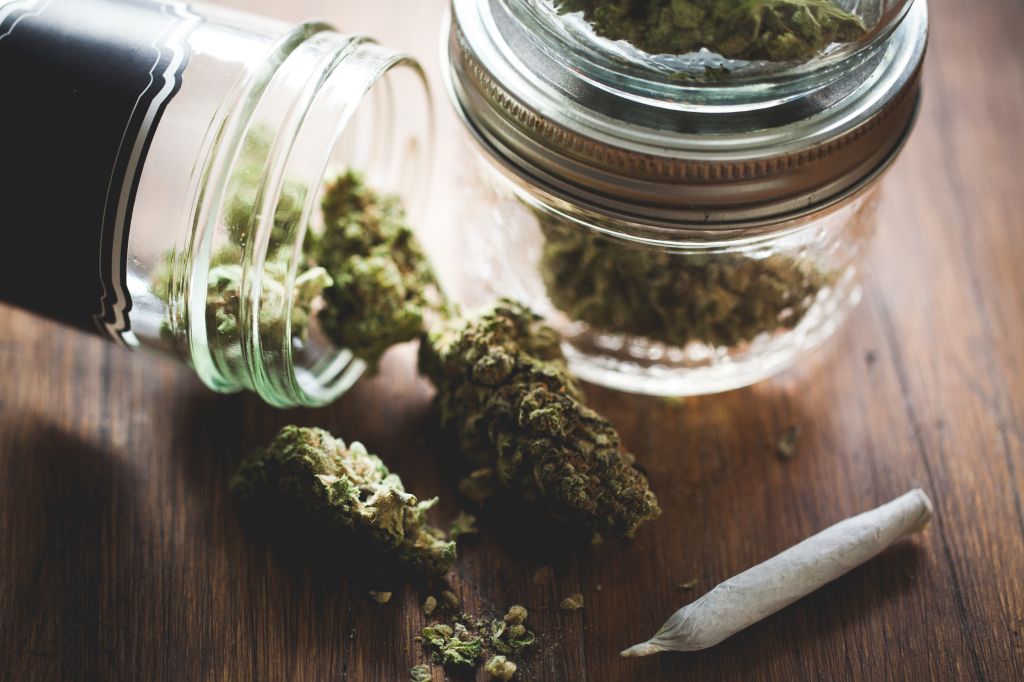On Tuesday, the Justice Department announced that it had taken a step towards the decriminalization of marijuana. Actually, scratch that—the Justice Department announced Tuesday that it had recommended taking a small step toward the decriminalization of marijuana that would fall short of total decriminalization and would fall even shorter from what should be done, which is legalization.
According to the New York Times, the department has recommended that marijuana be re-classified as a Schedule III drug, which would put it on par with like Tylenol with codeine, instead of its current Schedule I classification its been under for more than 50 years that had it on par with Heroin, LSD and ecstasy. (To put things in even more perspective, fentanyl, methadone and opium are all Schedule II.) Changing the scheduling of marijuana would ease criminal and manufacturing restrictions at the federal level, which, of course, does next to nothing to affect the existing state laws, which is one of the reasons some experts don’t believe the move will make much of a difference.
From the Times:
Still, the decision will do little to alter the current landscape, with the most immediate impact on the cannabis industry itself.
“A lot of people are going to be disappointed and probably a bit surprised about how very little changes,” said Paul Armentano, deputy director of the advocacy group NORML, the National Organization for the Reform of Marijuana Laws.
Already, 38 states, the District of Columbia and three territories have approved its use for medical reasons. Many of those places have also approved it for recreational use.
So, it seems like all we really have here is a recommendation to begin what the Times described as “a lengthy rule-making process” that “does not end the criminalization of the drug” and won’t make much of a difference on the state level even as more than half the states in the country already employ marijuana policies…
Read the full article here



